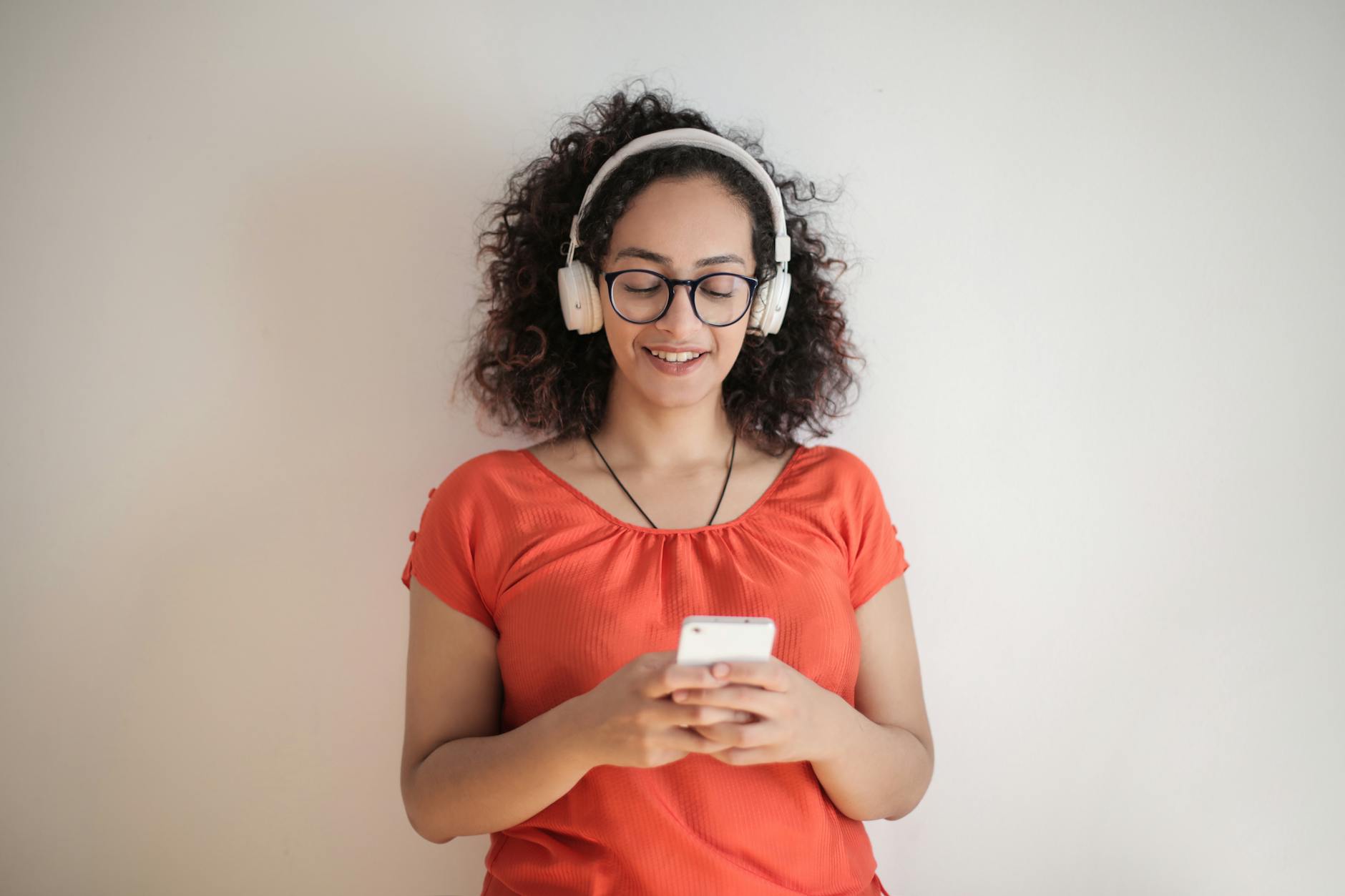What is content consumption?

What is content consumption?
In today’s fast-paced digital world, content consumption has become an integral part of our daily lives. From reading articles to listening to podcasts, we constantly engage with various forms of content. Understanding content consumption is crucial not only for personal development but also for enhancing productivity. By examining how we consume content, we can better manage our time and improve our learning outcomes.
Defining Content Consumption
Content consumption refers to the process of engaging with various forms of digital media. This can include reading articles, watching videos, listening to podcasts, or scrolling through social media feeds. Essentially, it’s how we absorb and interact with information in our digital environment. As the digital landscape evolves, so does our consumption of content, making it vital to understand its different forms and impacts.

Photo by Andrea Piacquadio
Types of Content Consumption
Content can be categorized into several types:
- Visual Content: This includes videos, infographics, and images. Visual content engages users quickly and can convey complex information in a digestible manner.
- Auditory Content: Podcasts and audiobooks fall under this category. They allow for multitasking; you can listen while driving or exercising.
- Written Content: Articles, blogs, and ebooks are typical examples. They require more focus but can provide in-depth knowledge and understanding.
Each type of content serves a unique purpose in our consumption habits, often aligning with our preferences and learning styles. For a deeper understanding of how we consume content, check out the insights from ScienceDirect.
The Role of Content Consumption in Learning
Consuming content plays a vital role in personal development and learning. When we engage with material that resonates with us, it helps in skill acquisition and knowledge retention. By consuming diverse content, we expose ourselves to new ideas and perspectives, enriching our understanding.
As highlighted in a piece on the psychology of content consumption, this engagement can lead to increased motivation and improved problem-solving skills.
The Impact of Content Consumption on Productivity
Effective content consumption directly influences productivity. When we consume content mindfully, we can enhance our focus and manage our time better. Instead of aimlessly scrolling through feeds, we can prioritize content that aligns with our goals.
Evaluating Content for Relevance
Before consuming content, it’s essential to evaluate its relevance and quality. Ask yourself questions like:
- Is this content aligned with my current goals?
- Who is the author, and what are their credentials?
- Is the content up-to-date and well-researched?
By implementing these evaluation techniques, we can filter out noise and focus on what truly matters. Tools and platforms that curate high-quality content can also aid in this process. Explore more about content relevance in the psychology of content consumption.
Strategies for Efficient Content Consumption
Improving your content consumption habits requires strategic approaches. Here are a few actionable strategies:
- Set Clear Goals: Understand what you want to achieve through content consumption. Focus on content that supports those objectives.
- Limit Your Sources: Choose a few trusted sources for information to avoid being overwhelmed. This encourages deeper engagement with quality content.
- Schedule Consumption Time: Designate specific times for consuming content. This helps prevent distractions and fosters a more focused environment.
Implementing these strategies can streamline your content consumption and improve overall productivity.
Balancing Content Consumption and Creation
Finding a balance between consuming and creating content is essential for growth. While consuming content provides knowledge, creating it allows for mastery of the subject.
Content Creation as a Form of Mastery
Creating content—whether writing, podcasting, or filming—deepens your understanding of the topic. It encourages critical thinking and helps solidify knowledge. The act of creation also fosters creativity and innovation.
You can explore more about the importance of creating content in maintaining productivity in this thought-provoking article.
Avoiding Content Overload
In a world overflowing with information, it’s easy to feel overwhelmed. To avoid content overload, consider these tips:
- Be Selective: Only consume content that truly interests you or contributes to your goals.
- Take Breaks: Allow time away from content consumption to process information and reflect. This can lead to greater insight and understanding.
- Mix Formats: Engaging with different types of content can keep things fresh and stimulating, preventing fatigue from any one medium.
By maintaining a balanced approach, you can enjoy the benefits of content consumption without feeling bogged down.
Conclusion
Mindful content consumption plays a pivotal role in enhancing productivity and personal growth. By understanding the various types of content, evaluating relevance, and balancing consumption with creation, you can make the most of your digital interactions.
As you reflect on your own content consumption habits, consider how you can implement these strategies to foster a more productive and enriching experience. It’s not just about consuming information; it’s about using that knowledge to propel yourself forward in your personal and professional journey.